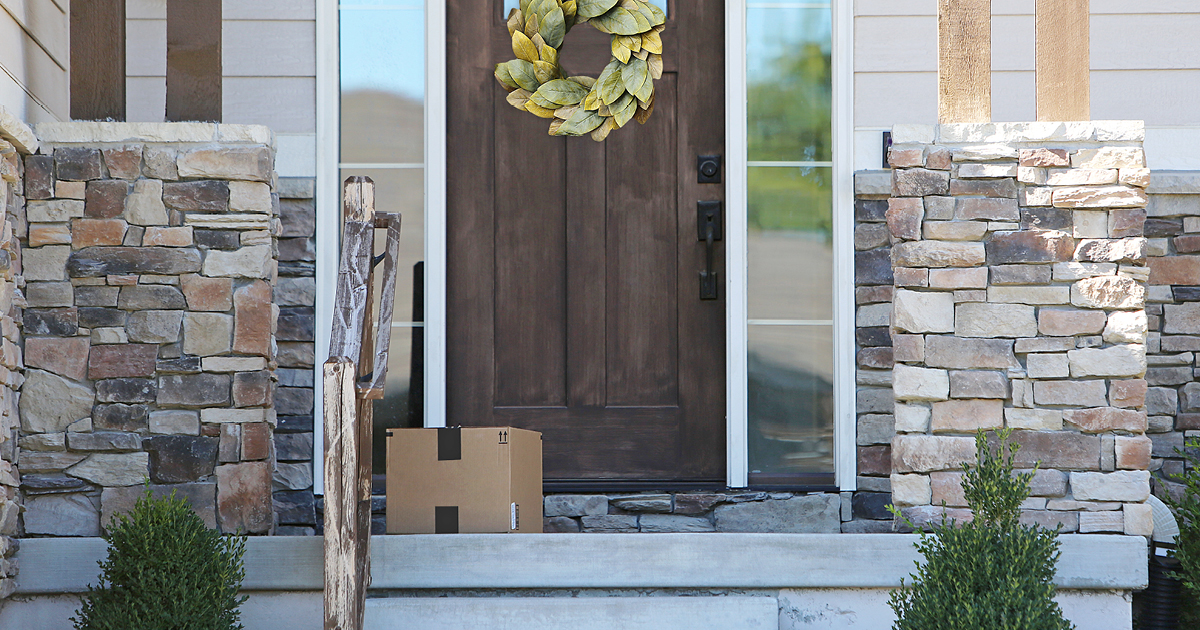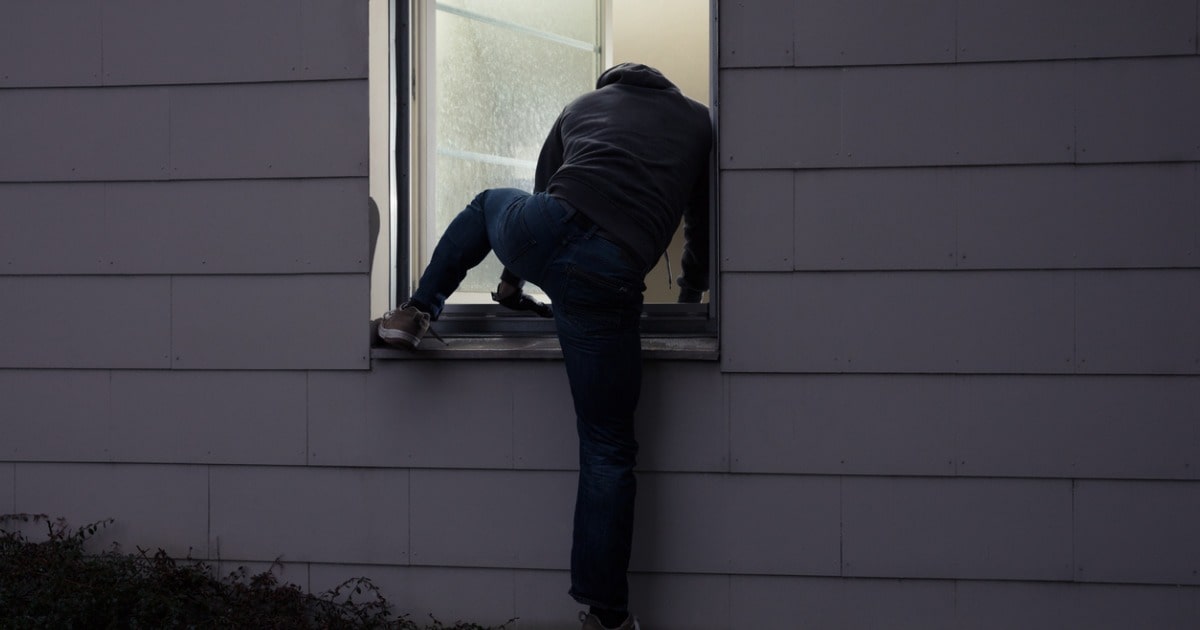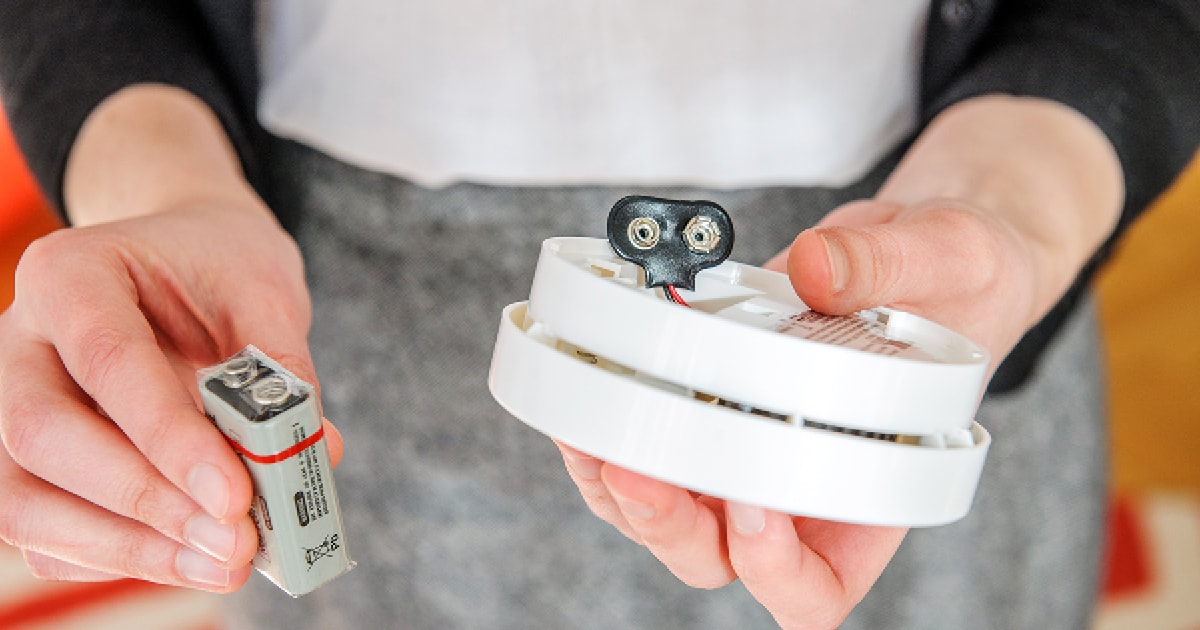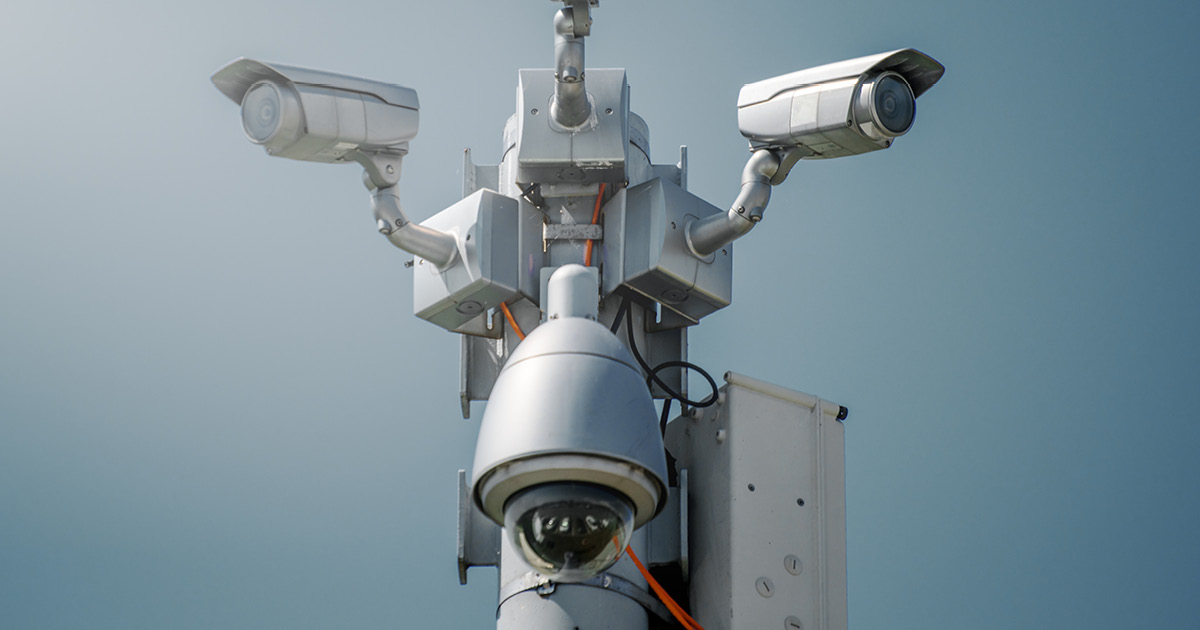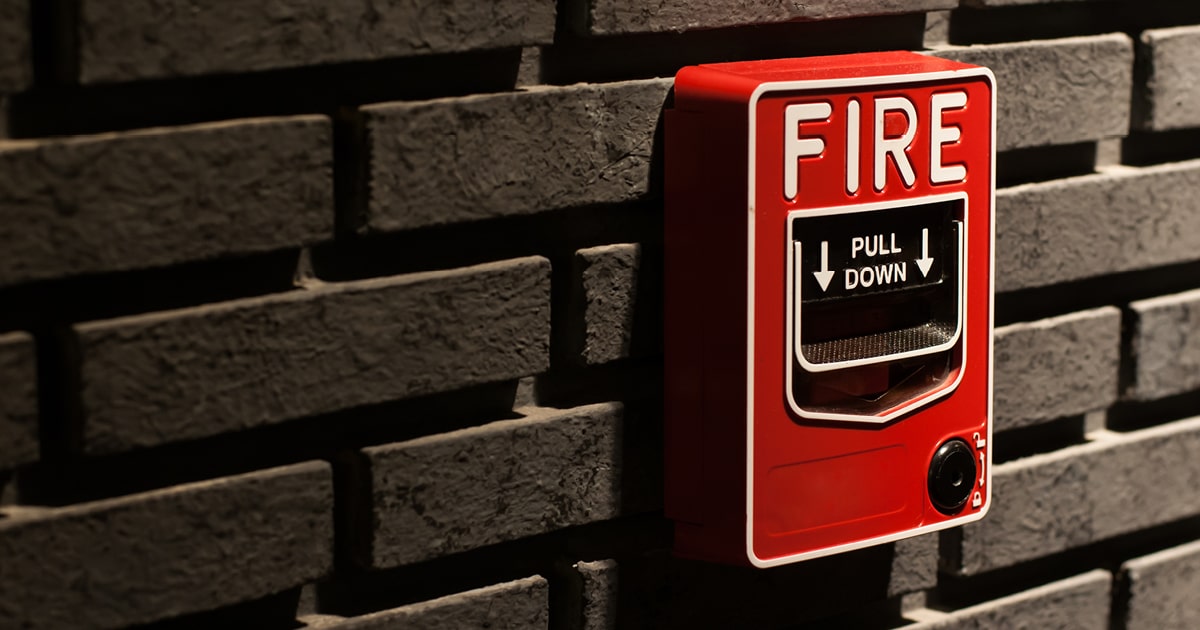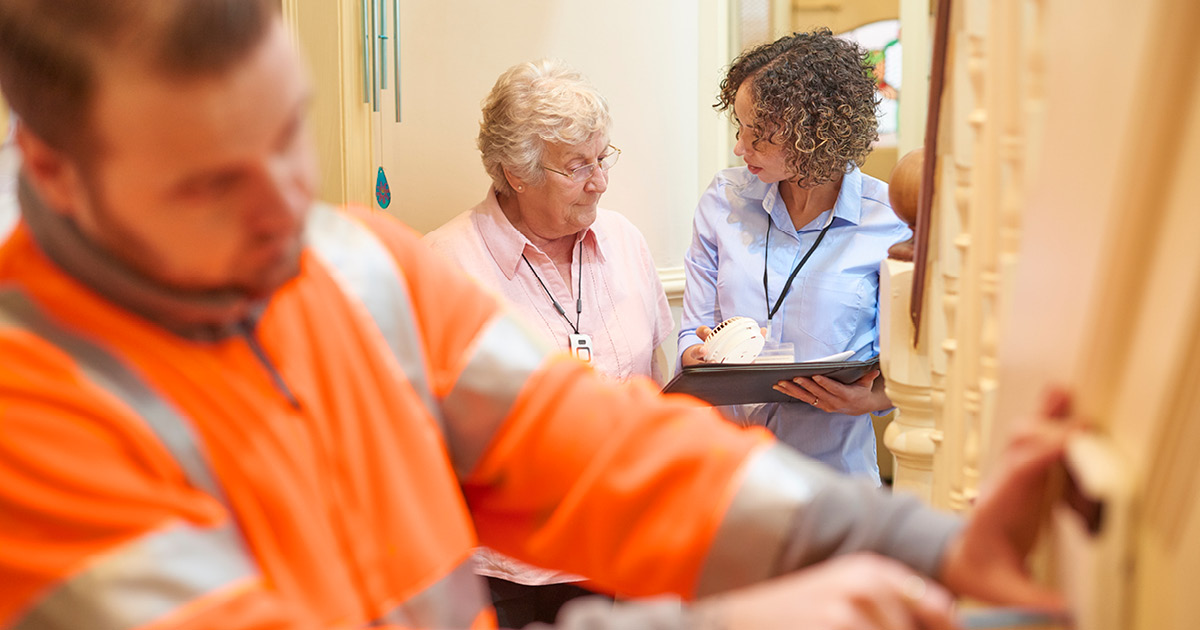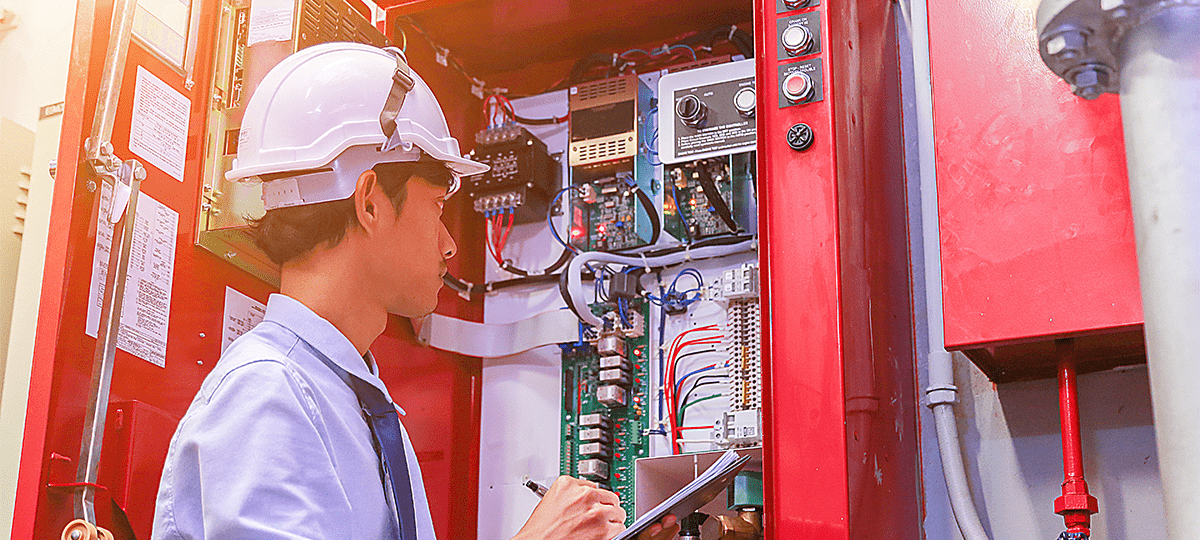DIY Home Security Cameras
DIY Security Systems Are the New Fad
There are many pre-configured, DIY home security system kits on the market. They are sold under various brand names including Ring, Nest, SimpliSafe, and others.
The basic idea of a DIY home security system is that you pay one low fee to purchase all of the equipment and instructions you need to install a home security system yourself, eliminating professional installation charges and subscription fees.
What Is Included With DIY Security Systems?
Most kits generally come with a limited selection of components, such as one camera, one hub, and one motion sensor, and then you can add additional components as needed. One of the many challenges with DIY home security systems is that within the parts provided you don’t have a lot of options, and it may turn out that the features or quality of the components aren’t up-to-par for your needs.
A specific example is your security camera. Cameras are one of the most critical security components in your arsenal, and not all cameras give you the results you’re looking for. Since the equipment of many DIY systems are not compatible with equipment from other manufacturers, even if you want to pay to add-on a camera of better quality, it won’t be possible.
What Should I Know About Security Cameras?
With any investment, it’s critical to do your homework. Here are a few key questions you should ask about security cameras:
- How many cameras can the system support, and can it support cameras from other manufacturers? – You’ll hear systems called 2-channel, 4-channel, 16-channel, etc., which determines how many cameras the system can support. It’s best to purchase a system that can support a few more cameras than you think you’ll need – in case you want to add any down the road. Also, ask if a security system is proprietary or not. If it is proprietary, you may not be able to use cameras from other manufacturer’s on the system.
- What is the image quality of the camera that comes with the system? – If the image quality of the camera is weak, the authorities won’t be able to use your video to identify suspects or read license plates. For high definition quality video, you need a 1080p camera, a camera resolution that provides 1920 x 1070-pixel resolution, or 2.1 megapixels.
- Can the camera be used at night? – If you need your camera to record video at night, you’ll need to ensure your camera has night vision and that the area around the camera is properly lit, or that your camera has a wide aperture to allow details to be seen in low light.
- What is the field of view of the camera? – Depending on how wide the area you need to monitor, you will need a camera with a larger field of view.
- Does the camera have local storage? – You must have a place to store the video that your camera(s) is recording. It’s called your Network Video Recorder (NVR). If your camera doesn’t have one built-in, then you will have to pay for cloud services to store your video (that’s a gotcha some companies use to rope you into monthly fees). The amount of hard drive storage available in your NVR will determine how many videos you can record and for how many days you can keep them.
Problems During Installation
When it comes to installation of your DIY security cameras, many homeowners run into issues they weren’t expecting and need professional installation assistance anyway.
- Do I have the necessary Internet bandwidth to support the cameras I want on my security system? – See our blog on What upload speed do I need for security cameras?
- How is the security camera powered? – Just because it is a wireless camera, it doesn’t mean there are no wires involved. Wireless refers to how the camera transfers data, not how it is powered. It will need to have a power source, either battery (which needs to be changed) or an electrical outlet.
Other Considerations
Other questions you need to consider when choosing home security cameras include:
- Does the camera come with 2-way audio (if you want to talk to someone at the front door)?
- Do you even want a wireless camera (it might not be the best option since Wi-fi isn’t always reliable and can be hacked)?
- Do you want redundant storage of your security videos (copies of your security videos)?
While a DIY security system may sound like a good idea initially, you may find that in the long run it doesn’t fit your needs and ends up being a waste of time and money.
Security systems from FSS Technologies are reliable and much more affordable than you think. Call us today to learn more.

